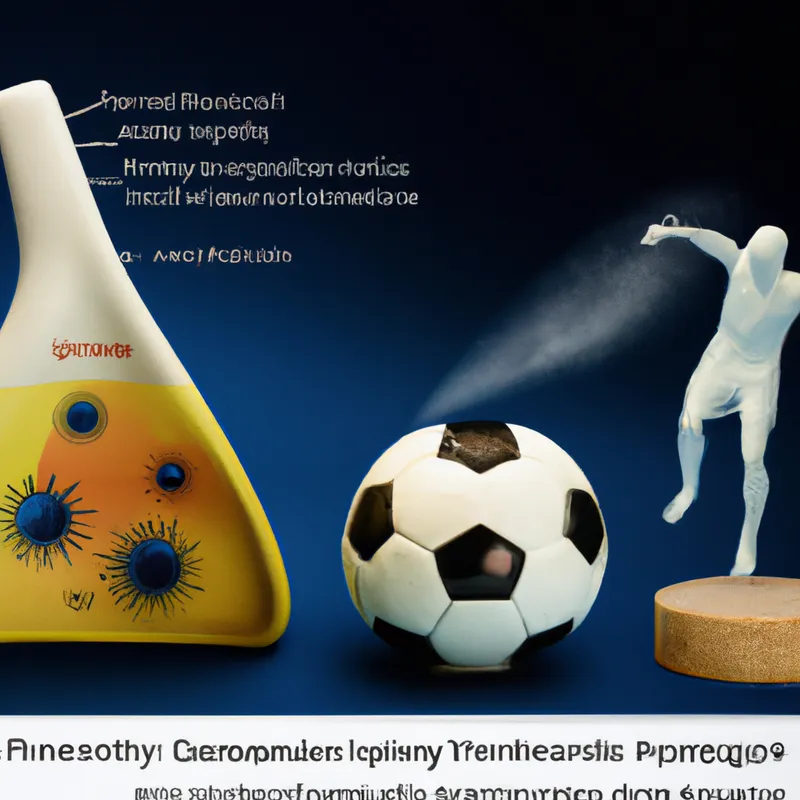Analyze Your Approach: Winning Penalty Kicks
The Science of Penalty Kicks: Psychology and Technique
Penalty kicks create intense moments in football. For players, these moments can decide victory or defeat. Understanding penalty kicks involves psychology and technique. This blog post explores successful penalty kick conversion.
The Psychology of Penalty Kicks
Players often feel overwhelming pressure during penalty kicks. Fans, teammates, and coaches scrutinize their every move. This pressure can cause anxiety, impacting performance. Research shows a player’s mental state influences scoring ability.
Decision-Making in High Pressure Situations
Players must make quick decisions in high-pressure situations. They often choose between shooting left, right, or down the middle. Studies indicate players prefer the same direction they practice. Consistency in training remains crucial.
Players also need to manage emotions effectively. Positive self-talk enhances confidence. Reminding oneself of past successes can alleviate anxiety. Visualization techniques prepare players mentally. Visualizing success increases scoring chances.
The Role of the Goalkeeper
The goalkeeper significantly influences the psychology of penalty kicks. A skilled goalkeeper can intimidate the shooter. Many goalkeepers study opponents to predict shooting direction. This psychological game adds complexity to the penalty kick.
When goalkeepers jump or move early, they affect shooters’ decisions. If shooters notice this, they may change their aim. This interaction highlights mental games’ importance on the field.
Techniques for Successful Penalty Kicks
Technique remains vital for scoring beyond psychology. Players must refine skills to increase success odds. A few key techniques help players become more effective at penalty kicks.
Body Position and Approach
The player’s body position and approach are crucial. A proper stance generates power and accuracy. Players should place their non-kicking foot beside the ball, pointing toward the target. This positioning aids shot direction.
The approach should remain consistent. Players often use a three-to-five-step run-up. A steady, controlled approach helps maintain focus. Rushing can lead to mistakes, so taking time to set up proves essential.
Kicking Technique
Kicking technique is equally important. Players must strike the ball with precision. Using the instep of the foot provides more power. Striking the ball with the toe can lead to inaccuracies. Practicing various techniques helps players find their optimal style.
Additionally, players should practice hitting the ball in different places. Aiming for corners increases scoring chances. Goalkeepers often struggle to reach shots placed in the bottom corners.
Tips for Mastering Penalty Kicks
Players can master penalty kicks through practice and mental fortitude. Here are practical tips for mastering this skill.
1. **Practice Regularly**: Consistency remains key. Set aside time weekly to practice penalty kicks. Repetition builds muscle memory and confidence.
2. **Simulate Game Conditions**: Practice under pressure. Enlist teammates to create game-like scenarios. This simulation helps players adapt to real match stress.
3. **Focus on Your Breathing**: Breathing techniques can reduce anxiety. Inhale deeply before taking the kick. This practice calms the mind and prepares the body.
4. **Study Opponents**: Analyze goalkeeper tendencies. Understanding their habits gives players an edge. Knowing where a goalkeeper usually dives informs shooting decisions.
5. **Stay Composed**: Maintain focus on the task. Avoid distractions from fans or players. Concentrate solely on the ball and the goal.
Benefits of Mastering Penalty Kicks
Mastering penalty kicks offers numerous benefits. Players who excel gain confidence on and off the field. Successfully converting penalty kicks elevates a player’s status among teammates and fans.
Penalty kick proficiency can be a game-changer. It can determine match outcomes, especially in tournaments. Players who convert penalties under pressure become invaluable assets.
Finally, mastering penalty kicks fosters accomplishment. Players develop resilience and mental toughness through practice. These qualities extend beyond football and benefit life in general.
Conclusion
The science of penalty kicks encompasses psychology and technique. Players navigate mental challenges while honing skills. By understanding decision-making and practicing effective techniques, players can improve performance. With dedication and the right mindset, mastering penalty kicks becomes achievable. Whether training or in high-stakes matches, mastering penalty kicks leads to success and glory.
Below are related products based on this post:
FAQ
What psychological factors influence a player’s performance during a penalty kick?
Players often experience overwhelming pressure during penalty kicks, leading to anxiety that can impact their performance. A player’s mental state is crucial, as positive self-talk and visualization techniques can enhance confidence and increase the chances of scoring.
How can players improve their technique for taking penalty kicks?
Players can enhance their technique by focusing on body position, approach, and kicking method. Proper stance and a consistent run-up generate power and accuracy, while striking the ball with the instep improves precision. Regular practice and experimenting with different shot placements can further increase success rates.
What benefits come from mastering penalty kicks?
Mastering penalty kicks boosts a player’s confidence, elevates their status among teammates and fans, and can significantly influence match outcomes. Additionally, the resilience and mental toughness developed through practice can benefit players in various aspects of life beyond football.















Post Comment